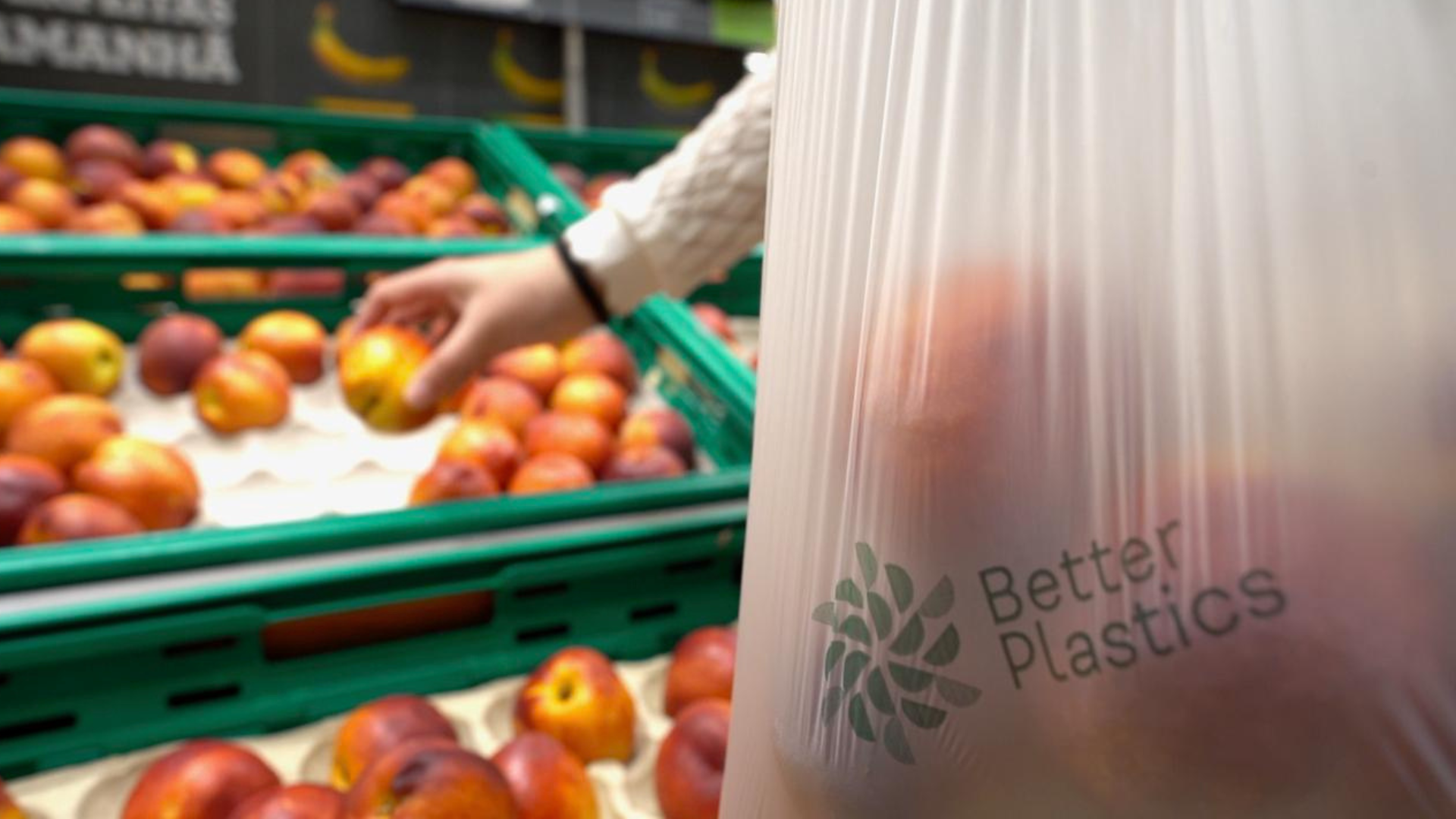
The Better Plastics project, an initiative supported by an innovation ecosystem in the plastics sector, has developed more than 20 products, 19 materials, and three innovative and sustainable technologies over the last three years, in an investment of 6.3 million euros. The results were presented on June 21 at the Portuguese Chamber of Commerce and Industry.
The Better Plastics project, promoted by APIP and made up of 52 members of the value chain of the plastics sector in Portugal, involved the entire value chain – from the chemical industry to raw material producers, to transformation companies, private brands, retailers, recycling and waste management entities, – in the development of new materials, products, and technologies. PIEP, as the project’s scientific coordinator, participated at the research level in the 4 main action areas.
In terms of material design, new solutions were developed for food packaging that incorporates recycled content and is recyclable at the end of its life, namely packaging for cheese and processed meat.
New bio-compostable materials were also developed for very light bags to pack fruit and vegetables, with the possibility of being reused for packaging domestic biowaste. These materials are in line with the existing industrial composting cycles in Portugal of 60 days, which is contrary to the 180-day process of European plants. It is expected to place this product on the market by the end of the year.
In terms of product design, packaging was created for food use, for the beverage and dairy products sector, with smaller amounts of material and with the incorporation of recycled material, with characteristics of reuse and high recyclability. Namely, a 50% recycled and reusable water bottle, as well as a yogurt cup that can be reused for other end-of-life applications.
Packaging was also developed for the medical-pharmaceutical industry and components for the road and automobile sector, based on eco-design and the incorporation of recycled and recyclable materials at the end of their life.
In the area of recycling, new pre-treatment technologies were developed to reduce organic contaminants, paints and odors, making it possible to increase the quality of recycled plastics obtained through mechanical recycling, as well as new solutions for materials from mechanical and chemical recycling.
Finally, in alternative raw materials, new biodegradable materials were developed, based on the recovery of food waste and biomass, as well as the production of green carbon fiber from a natural precursor.

